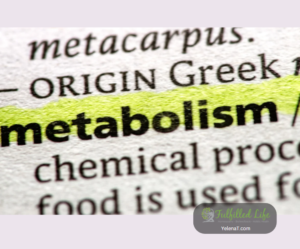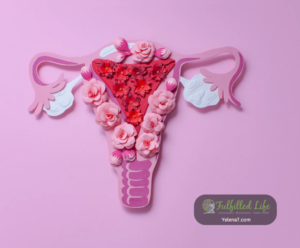When embarking on a weight loss journey, it’s crucial to understand that losing weight doesn’t just mean shedding fat.
Did you know that weight loss often includes the loss of lean body mass, which comprises muscles, bones, and organs? This can have multiple health implications that go beyond just the numbers on the scale. Why is it so important to preserve lean body mass, and how can you do it effectively? Let’s explore these metabolic disturbances in detail and discover specific examples, health tips, and techniques to maintain lean body mass during your weight loss journey.
Multiple Health Implications of Losing Lean Body Mass
Losing lean body mass can lead to several negative health outcomes, impacting various aspects of your life:
- Lowered Resting Energy Expenditure/Metabolism: When you lose muscle mass, your resting metabolic rate decreases, making it harder to lose weight and easier to regain it. Your muscles play a significant role in burning calories, even at rest. Including resistance training in your exercise routine can help maintain and build muscle mass, keeping your metabolism active. Activities like weight lifting, bodyweight exercises, or using resistance bands are excellent options. Additionally, maintaining a balanced intake of complex carbohydrates and fiber can further support steady glucose levels.
- Decline in Neuromuscular Function and Increased Risk of Disability: A reduction in muscle mass can impair your strength and coordination, leading to a decline in neuromuscular function. This can increase the risk of disability, especially as you age. Balance exercises, such as yoga or tai chi, can improve neuromuscular function and prevent falls and injuries. Consistently challenging your balance and coordination helps keep your muscles and nervous system sharp.
- Fatigue: Without sufficient muscle mass, your body can become easily fatigued, impacting your ability to perform daily tasks and exercise effectively. Ensuring you get adequate protein in your diet supports muscle repair and growth. Lean proteins like chicken, fish, tofu, and legumes are excellent sources. Additionally, staying hydrated is crucial for preventing fatigue.
- Emotional Effects: Losing lean body mass can also affect your mood and emotional well-being. Muscle loss can lead to feelings of weakness and decreased self-esteem, impacting your mental health. Engage in activities that boost your mood and self-confidence, such as regular physical activity, socializing with friends, and pursuing hobbies. Mindfulness and stress-reduction techniques can also support emotional well-being.
- Poor Day-to-Day Performance Issues: With less muscle mass, everyday tasks can become more challenging, reducing your overall quality of life. This can affect your ability to work, take care of your home, and enjoy leisure activities. Incorporate functional training into your workouts, which focuses on movements that mimic daily activities, such as squats, lunges, and pushing or pulling exercises. This helps improve strength and performance in your daily life.
- Increased Risk of Injury: Muscle mass acts as a protective cushion for your bones and joints. Losing muscle increases the risk of injuries, such as fractures and sprains. Focus on exercises that enhance joint stability and flexibility, such as Pilates or specific strength-training moves targeting the supporting muscles around your joints.
The Importance of Preserving Lean Body Mass
Focusing on Body Composition
While the number on the scale can give you a rough idea of your progress, focusing on body composition is more important. Body composition refers to the proportion of fat and lean mass in your body. A healthy body composition not only supports better physical health but also improves appearance and performance. Consider getting a body composition analysis, which can provide detailed information about your muscle, fat, and bone mass. This can guide your fitness and nutrition plans more effectively than just tracking weight alone.
Protein Intake and Timing
Adequate protein intake is essential for preserving muscle mass. Consuming protein-rich foods throughout the day, especially after workouts, can aid in muscle recovery and growth. Aim to include a source of protein in every meal and snack. Foods like Greek yogurt, cottage cheese, nuts, and protein shakes can help meet your daily protein needs.
Incorporating Advanced Techniques
Advanced techniques such as branched-chain amino acids (BCAAs) supplementation can also support muscle maintenance during weight loss. BCAAs are essential nutrients found in protein that help stimulate muscle protein synthesis and reduce muscle breakdown. Consider incorporating BCAAs into your diet, either through high-protein foods or supplements, especially if you engage in intense physical activity.
Understanding the complexities of weight loss and the importance of preserving lean body mass can make a significant difference in your health and well-being. If you’re facing challenges with weight loss, metabolic health, or other health concerns, consider taking a holistic approach to address these issues. Feel free to reach out and we can discuss your health goals and develop strategies to help you achieve them. Make yourself a priority!








